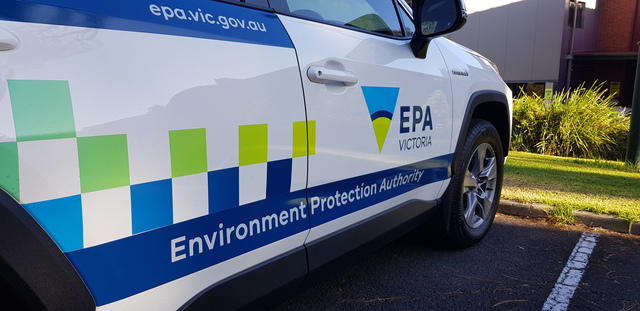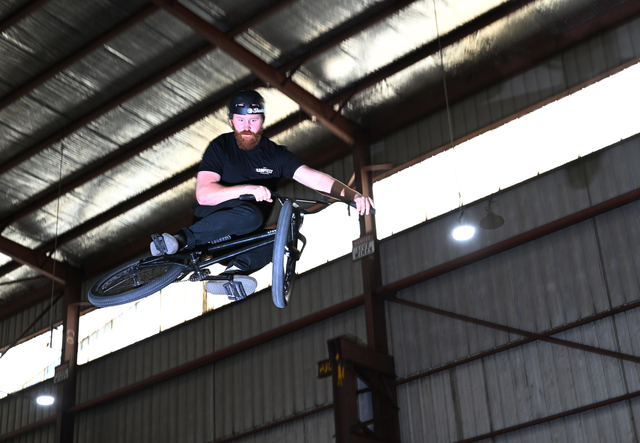A major union fears Brimbank council wants to fit GPS tracking devices to its vehicles so it can spy on its employees.
And although the council denies it, the Australian Services Union (ASU), fears the council is threatening the employees’ privacy.
The council and union are in the middle of negotiations on a new enterprise bargaining agreement (EBA) for council workers.
The union is concerned about a clause in the draft EBA which refers to the introduction of GPS on council vehicles, plant and equipment, and the introduction of surveillance technology.
ASU organiser Russell McGregor said the clause meant Brimbank council would be removing its employees’ legal right to privacy.
“The Surveillance Act clearly states that you can only track someone’s movements, or the vehicle they’re in, as long as it’s with their express consent,” Mr McGregor said. “What council wants to do is put that into an enterprise agreement and get people to vote on it.
“That would mean people who didn’t give their express consent would have their legal rights eroded.”
Mr McGregor said some Victorian councils had already introduced GPS to their fleets.
“But that’s been by consent between . . . the work group, the union and the council,” he said.
Community relations director Helen Morrissey confirmed that the council wanted to introduce GPS to some of its more expensive fleet and she said it would fully comply with the Surveillance Devices Act 1999, the Charter of Human Rights and Responsibilities Act 2006 and the Information Privacy Act 2000.
“A GPS will provide information only on the location of the fleet, not what the person is doing,” she said.
“The claim that it would invade privacy or spy on staff is incorrect and disingenuous.
“We trust our staff and want to install the GPS only so we can better manage our fleet.”
Ms Morrissey would not disclose how much the new equipment would cost to install, but that the council had had more than $700,000 worth of vehicles stolen in the past few years.
“This is a commonsense, low-cost investment to protect expensive assets,” she said.

















